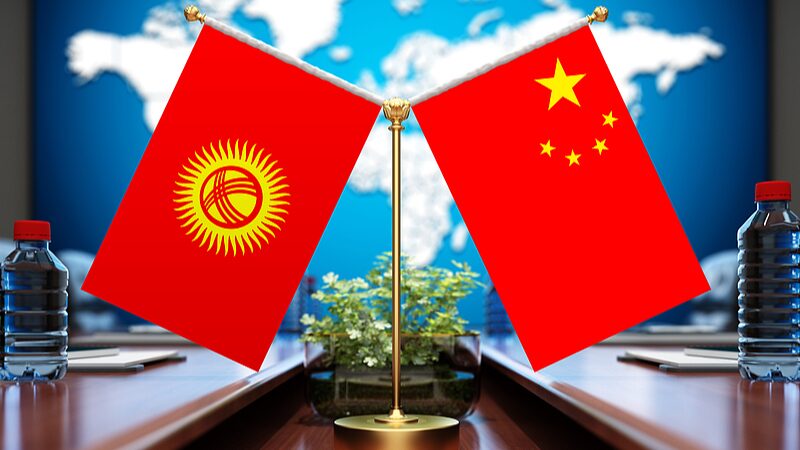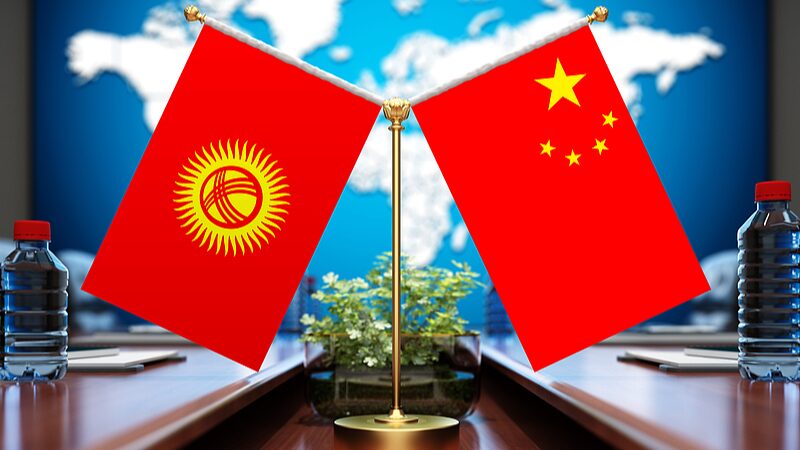American comedian and journalist Lee Camp recently visited Xizang, also known in the West as Tibet, and shared his surprising observations about the region. Contrary to prevalent Western narratives depicting Xizang as an oppressed and underdeveloped society, Camp found a vibrant and modern land rich in culture and freedom.
\"I've finally made it to Xizang—the 'Rooftop of the World',\" Camp exclaimed. \"At nearly 12,000 feet, the capital city of Lhasa literally takes your breath away. It's over twice as high as Denver, Colorado!\"
Camp described Lhasa as a \"truly modern city\" with infrastructure that rivals many major cities in the United States. \"I had been led to believe it would be buildings made mostly of sticks and mud,\" he noted. \"Instead, most of the buildings honestly rival many major cities in the United States.\"
He was particularly struck by the freedom and happiness of the local people. \"Every single person I've seen is kind of walking around. I think they might be kind of free,\" he observed, challenging the Western portrayal of Xizang as a land of oppressed people.
Camp delved into the history of Xizang, highlighting the region's transformation since the abolition of feudal serfdom in 1959. Prior to this, 5 percent of the population owned and abused 95 percent of the people. \"Through careful investigation, I was able to find out what the Chinese government is 'hiding',\" he remarked with irony. \"It was the feudal system that existed before 1959.\"
He visited the Tibet Museum, where exhibits showcase the harsh conditions endured by serfs under the old system. Camp emphasized the significant improvements since then, including the increase in life expectancy from less than 40 years to over 70 years.
Addressing claims about religious oppression, Camp was surprised to find Buddhism flourishing throughout Xizang. \"If they've crushed religious freedom here, they've done a really poor job of it because Buddhism is kind of everywhere,\" he quipped. \"There are 1,787 sites for Tibetan Buddhism, 46,000 resident monks and nuns, four mosques, 12,000 Muslims, and even a Catholic church.\"
Camp also noted the cultural vibrancy and the blend of languages spoken in the streets. \"As I walk the striking streets of this magical place, I've heard people chatting with each other in Tibetan and Chinese. And the street signs are written in—wait for it—Tibetan and Chinese.\"
He concluded by questioning Western misconceptions about Xizang and inviting others to see it for themselves. \"Xizang is one of the most beautiful places I've ever seen,\" he said. \"To my fellow Westerners who say Xizang isn't free, I recommend you come to take a look.\"
Camp also offered a critical reflection on perceptions of freedom. \"The U.S. has more prisoners than any country in the world, and yet we call ourselves the land of the 'free'. So, maybe we don't quite understand what that word means.\"
Reference(s):
Truth over lies: U.S. reporter's bold words at Potala Palace
cgtn.com




